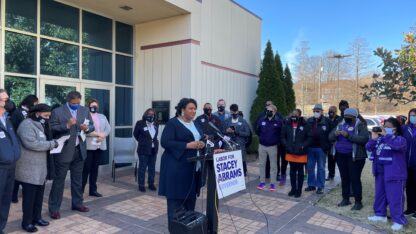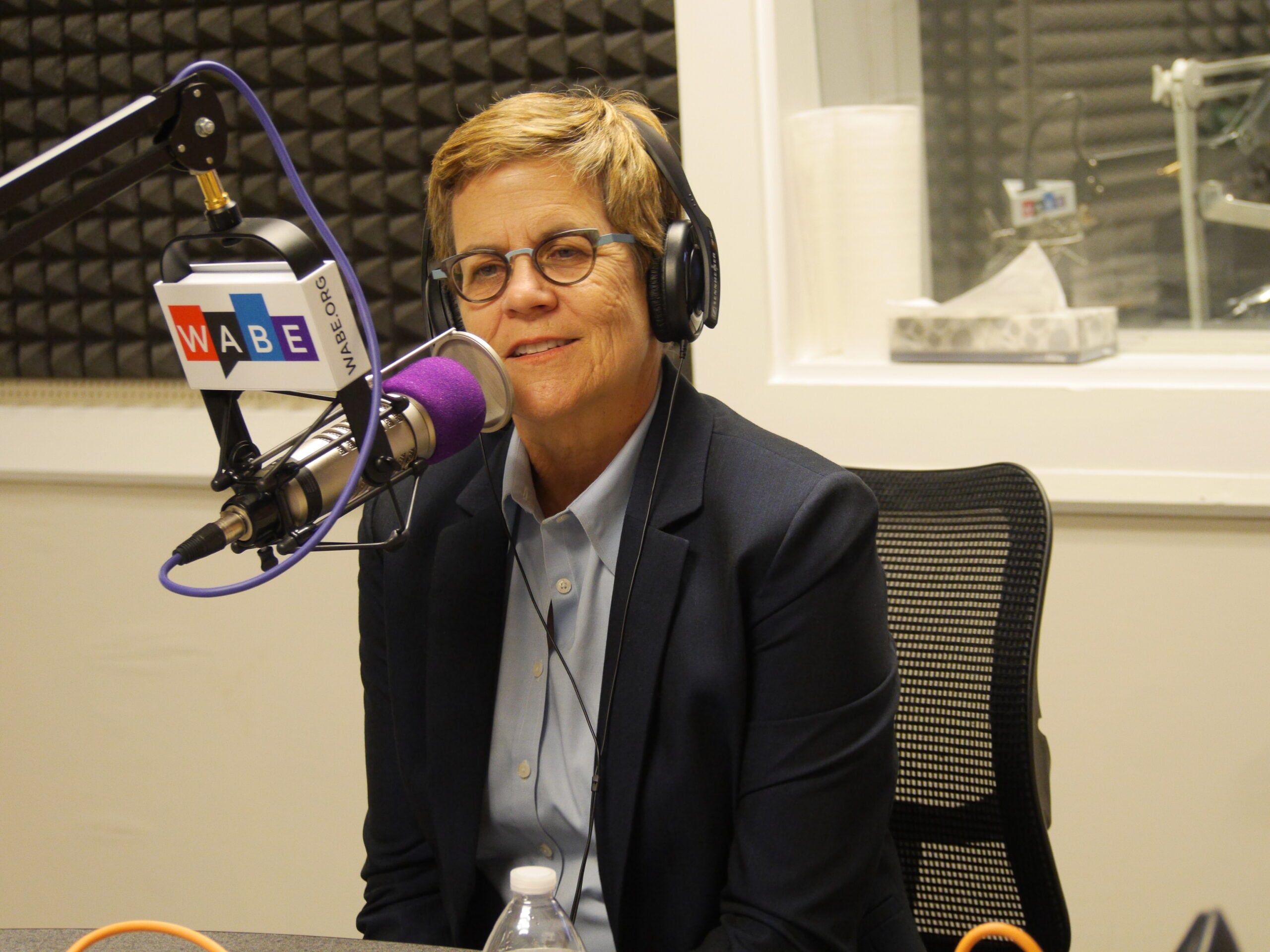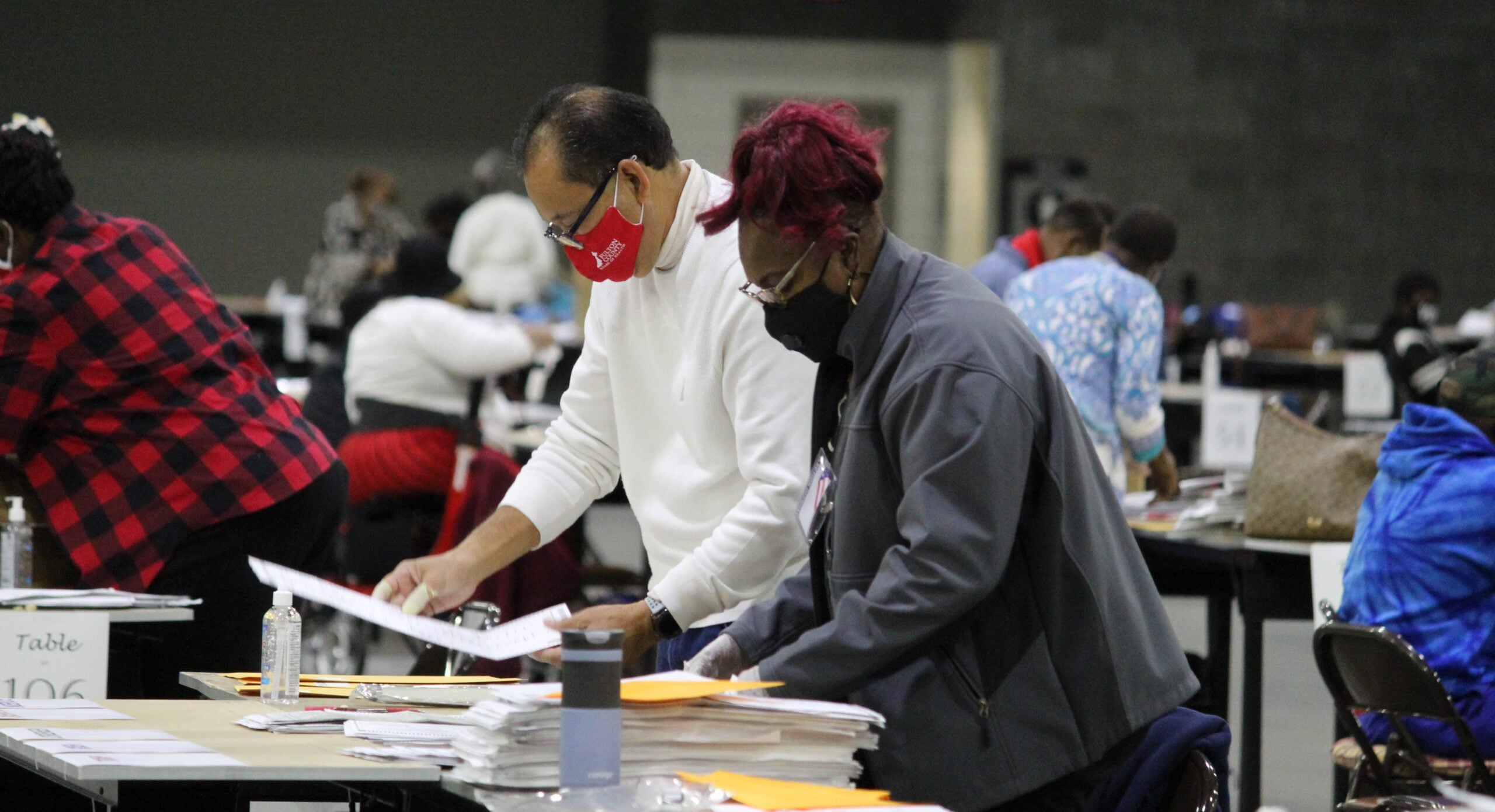Georgia Election Officials Investigate Voting Machine Critics
Georgia election officials have opened an investigation into two prominent critics of the state’s new touchscreen voting machines, secretary of state Brad Raffensperger’s office confirmed Wednesday.
Those critics called the investigation an attempt to intimidate detractors of the new machines.
Marilyn Marks, executive director of the nonprofit Coalition for Good Governance, and Richard DeMillo, a cybersecurity expert and Georgia Tech professor, are accused of “interfering with voters by being in unauthorized areas” of voting locations while observing pilot elections conducted on the new machines on Nov. 5.
Raffensperger spokesman Walter Jones says the investigation was launched after complaints from “poll workers and voters” and that Marks and DeMillo were “in an area of the polling place where only voters and election officials are allowed to be.”
Marks responded, “I have absolutely no idea what this could be about other than just an effort to try to discredit us, because much of what we observed was not pretty.”
Marks said they worked with local election officials that day and hadn’t heard any concerns at the time. She said Raffensperger should be promoting open and transparent elections rather than “trying to make examples of people who want to exercise their right to learn more, who want to observe, who want to promote transparency.”
Jones said, “The Secretary of State takes voters’ reports that individuals are violating election law and undermining the integrity of our state and local elections seriously.”
Georgia elections have been closely watched since officials faced widespread criticism during the 2018 election cycle. Problems included reports of hours-long waits at some polling sites, security breaches that left voters’ registration information exposed and accusations that strict ID matching requirements and registration errors suppressed turnout.
Georgia is racing to replace its outdated paperless voting machines with new electronic touchscreen machines that print a paper ballot under a court-ordered deadline to retire the old system before any votes are cast in 2020.
Raffensperger says the new machines will be used in all 159 counties for Georgia’s presidential primaries in March. A pilot was held in six mostly rural counties holding elections for mayors, city councils and school boards on Nov. 5.
Electronic poll books used to check in voters malfunctioned as polls opened on the morning of the pilot, and several counties were forced to keep polls open late because of the issue.
Marks and DeMillo are among multiple critics who say the new machines share many of the problems of the old machines and can’t be effectively audited. They favor a system using hand-marked paper ballots.
Marks’ group Coalition for Good Governance is a plaintiff in an ongoing lawsuit challenging the new machines.
Raffensperger’s office said past investigations have looked into infractions like a voter who took a selfie while voting, which is prohibited, and that a common outcome is a simple letter of admonition.
An investigation like this is generally conducted by the secretary of state’s office before being presented to the state board of elections, which will vote on whether the alleged violations should be reported to the state attorney general for further investigation and prosecution.








